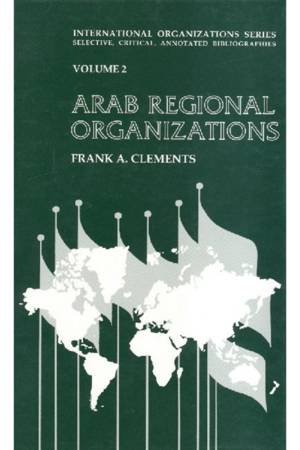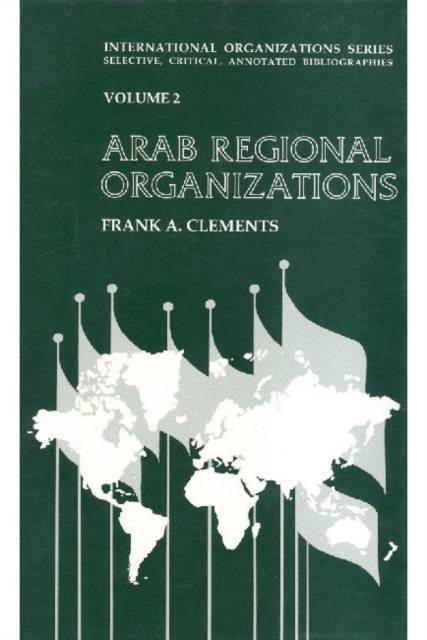
- Retrait gratuit dans votre magasin Club
- 7.000.000 titres dans notre catalogue
- Payer en toute sécurité
- Toujours un magasin près de chez vous
- Retrait gratuit dans votre magasin Club
- 7.000.000 titres dans notre catalogue
- Payer en toute sécurité
- Toujours un magasin près de chez vous
125,95 €
+ 251 points
Description
Over the past four decades the Arab nations have exercised an enormous political and economic influence on world events. Much of that impact has been exerted not through the direct actions of individual governments but collectively or indirectly through pan-Arab organizations, economic associations such as OPEC, or through international agencies including the United Nations and the International Monetary Fund. Arab Regional Organizations is a fully annotated bibliographic guide to the functions, infrastructures, and effectiveness of Arab organizational activity.The organizations covered in this volume have grown in importance in lockstep with developments in the Middle East. This is particularly so in the areas of economics and energy where there has been the establishment of national control over the oil industry and a consequent economic boom. Institutions such as the Gulf Cooperation Council have also become vital to the continued politcal stability of the member states and to the strategic importance of the region as illustrated by the Iran-Iraq war and the Persian Gulf War. The book also takes note of the special economic importance of organizations such as the Kuwait, Saudi, and Abu Dhabi Funds. These perform a major role among developing nations because of their project aid and technical assistance programs.Arab Regional Organizations covers a variety of subjects but concentrates on economics, energy, politics, and development subjects. A lengthy introductory section is designed to provide readers with the background of each organization and to direct them to other sources of information. A supplementary section deals with the effects of the Iraqi invasion of Kuwait and the Gulf War. Researchers, librarians, economists, political scientists, and Middle East specialists will find this volume an invaluable guide to the literature of the region.
Spécifications
Parties prenantes
- Auteur(s) :
- Editeur:
Contenu
- Nombre de pages :
- 250
- Langue:
- Anglais
- Collection :
- Tome:
- n° 2
Caractéristiques
- EAN:
- 9781560000570
- Date de parution :
- 30-01-92
- Format:
- Livre relié
- Format numérique:
- Genaaid
- Dimensions :
- 146 mm x 229 mm
- Poids :
- 476 g







